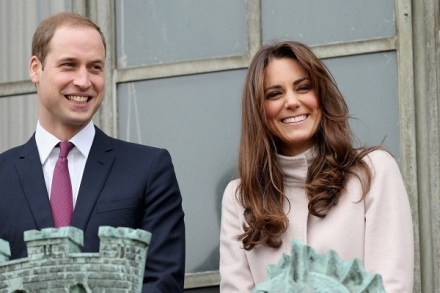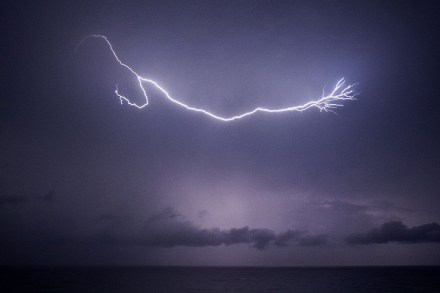Don’t set different parts of the UK against each other
Kelvin MacKenzie made what I assume is a tongue-in-cheek plea for the formation of a ‘Southern party’ in the Telegraph yesterday. In the piece, he consistently resorts to crude caricature about anybody from North of the Watford Gap. According to MacKenzie, only people in the South East are ‘hard-working clever and creative, Glasgow has ‘unhealthy habits’, which are subsidised by the ‘people of Guildford’ and if you took the South East out of the economy, ‘it would be called Ethiopia’. MacKenzie’s article is divisive, simplistic and wrong – ignoring the economic dynamism on display in many parts of the North and the fact that narrowing the North-South divide is necessary












